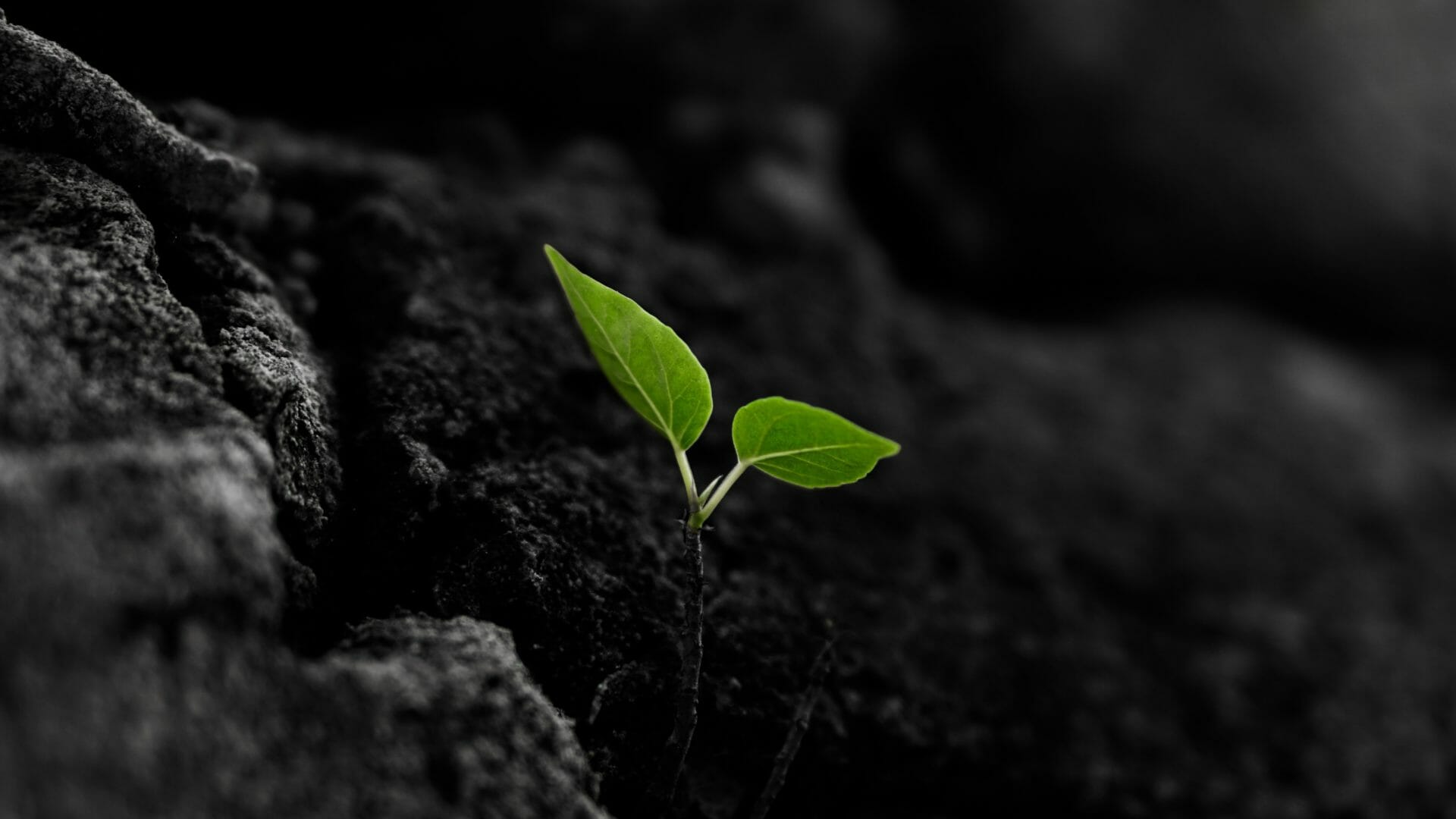
Photo by Majharul Islam on Unsplash
Ashes to ashes: The Ash Wednesday pathway to restoration
March 2, 2022
There’s something about burnt ash. The church tradition of Ash Wednesday tells many stories. Last night we had a minor “incident” at our house. We heat our home with an older model pellet stove, and if you know anything about old pellet stoves, you know they can be finicky. Long story short, the firepot overloaded with pellets, which continued to burn even after shutting off the unit; the house filled with smoke, ash, and fire-retardant chemicals from my fire extinguisher; and we had, suffice to say, a bad evening. Frankly, I had to sit and write about it in order to deal with my frustration and to keep from setting the rest of the place on fire and burning it to the ground with the liberating scheme of starting over.
Lent and ashes. The burnt realities of life—and death.
During this time of the church year, I usually reflect on the irony of Jesus riding into Jerusalem on the back of a donkey. The pellet stove fiasco has had me thinking about how quickly things can get smoky for us, choking us out. The people welcoming Jesus with palm branches had great needs, likely more pressing than my own. Not that we don’t suffer today. We certainly do. By comparison, however, we live like kings and queens, eat like kings and queens, and spend like kings and queens. The one true King, though, showed us a way toward humility through a life of discipline.
As I have aged, I have found myself suspicious of the popular Christian practice of giving something up for Lent. If you’re like me, you’ve lost a lot over the years, and perhaps you find surrendering even more an annoying and uncalled for notion. I know I do. Though the thought of relinquishing that pellet stove for conventional heating or a nice woodstove is quite an engaging idea. Having said that, I am grateful for the heat it does provide, despite my “Fire Marshal Bill” antics from last night. My earlier statement about starting over reflects the place where Lent is designed to lead us in the first place: Easter—that wondrous state of being where beginning again is exemplified. Our imperative is less a focus of surrender than one of ultimate restorative gain. It is the other side of Easter. It’s the disciplined road of being a better person and doing better things through the church’s ordinary time, into Advent, through Christmas and Epiphany, and so on. That preparation and cultivation will permit us to better take Christ’s message to the world.
As I have aged, I have found myself suspicious of the popular Christian practice of giving something up for Lent. If you’re like me, you’ve lost a lot over the years, and perhaps you find surrendering even more an annoying and uncalled for notion.
The earliest and perhaps most popular Old Testament reference to ashes is found in the first book of the Bible: “By the sweat of your face you will eat bread until you return to the ground, because out of it you were taken; for you are dust, and to dust you will return” (Genesis 3:19 MEV). The Lenten period gives us the space and the opportunity to focus. The focus can and should be positive. During some years, for some Christians, Lenten preparation can seem like drudgery. Burnt ashes again. We can’t see through the smoke and soot to get to the rays of the sunshine. The toxicity of burnt ash floating about our living space requires an early spring cleaning. Knowing that we are fallible, that we are humans destined to make mistakes of the highest order, that we are one day to return to the dirty soil of the earth, should help us recall that we are learners awaiting the return of our Lord, palm branches in hand.
Mind you, nothing is inherently wrong with giving up chocolate or (preferably) Facebook for Lent. For many, conceding certain things or concepts consumes a lot of energy. The question might then be: How does this form of surrender move me closer to God? The roughly forty days of discipline practiced by Christians between Ash Wednesday and Easter serve as an anchor between what was and what is now possible. This year could prove to be the shedding of the pandemic yoke, the cleansing of the personal temple. The slag that can envelop us on the dark days can be recycled into the blazing rhinestone that is possible due to the many promises given to us through our sacred Scripture. Although Lent requires discipline, it is a privilege, not a chore. Jesus said, “Come away to a deserted place all by yourselves and rest a while” (Mark 6:31 NRSV).
And who knows, there might even be a new pellet stove out there somewhere with my name on it.
O God, hear the prayer of your people, through Jesus Christ your Son. Amen.
Rev. Bryan D. Jackson is an American Baptist minister and a member of the Cherokee Community of Puget Sound and the Mt. Hood Cherokees, both satellite communities of the Cherokee Nation. He lives on Vashon Island, Washington, and is the author of Chattahoochee Rain: A Cherokee Novella.
The views expressed are those of the author and not necessarily those of American Baptist Home Mission Societies.


